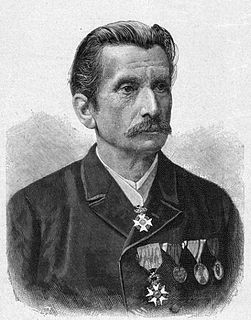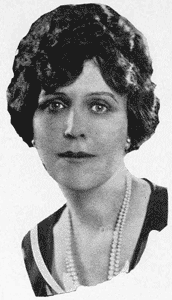A Quote by Edward Bulwer-Lytton, 1st Baron Lytton
There is no tongue that flatters like a lover's; and yet, in the exaggeration of his feelings, flattery seems to him commonplace. Strange and prodigal exuberance, which soon exhausts itself by flowing!
Related Quotes
It's my uniform. Everyone in my company wears it." "It's hideous." Rose felt her hackles rise. The neon green uniform was hideous, but she didn't appreciate him pointing it out. She opened her mouth. "Yet despite it, you look lovely," he said. "Flattery will get you nowhere," she told him. "It's not flattery," he said coldly. "Flattery requires exaggeration. I'm merely stating a fact. You're a beautiful woman wearing an ugly sack of unnatural color.
...aesthetic values are changed under the influence of sexual emotion; from the lover's point of view many things are beautiful which are unbeautiful from the point of view of him who is not a lover, and the greater the degree to which the lover is swayed by his passion the greater the extent to which his normal aesthetic standard is liable to be modified.
The Forsytes were resentful of something, not individually, but as a family; this resentment expressed itself in an added perfection of raiment, an exuberance of family cordiality, an exaggeration of family importance, and the sniff. Danger so indispensable in bringing out the fundamental quality of any society, group, or individual was what the Forsytes scented; the premonition of danger put a burnish on their armour. For the first time, as a family, they appeared to have an instinct of being in contact, with some strange and unsafe thing.
My husband's personality was filled with serenity and sunlight. Not even the incurable illness which fell upon him soon after our marriage could long cloud his brow. On the very night of his death he took me in his arms, and during the many months when he lay dying in his wheel chair, he often said jokingly to me: 'Well, have you already picked out a lover?' I blushed with shame. 'Don't deceive me,' he added on one occasion, 'that would seem ugly to me, but pick out an attractive lover, or preferably several. You are a splendid woman, but still half a child, and you need toys.
Sentir mon Cœur is a privilege only granted to the exceptional man - the one who has the ability to find words that exactly (or, to himself, convincingly) express his feelings... The value of words help to define the feeling itself... The common failure is to allow habitual words and phrases, flowing spontaneously from the memory, to determine and deform the feelings.
The doctors take the bodily evidence as the disease. . . . disease is itself an impudent opinion. He throws off the feelings of the sick and imparts to them his own which are perfect health, and his explanation destroys their feelings or disease. . . . He is like a captain who knows his business and feels confident in a storm, and his confidence sustains the crew and ship when both would be lost if the captain should give way to his fears.
When one has praised Turgenev, however, for the beauty of his character and the beautiful truth of his art, one remembers that he, too, was human and therefore less than perfect. His chief failing was, perhaps, that of all the great artists, he was the most lacking in exuberance. That is why he began to be scorned in a world which rated exuberance higher than beauty or love or pity.






































